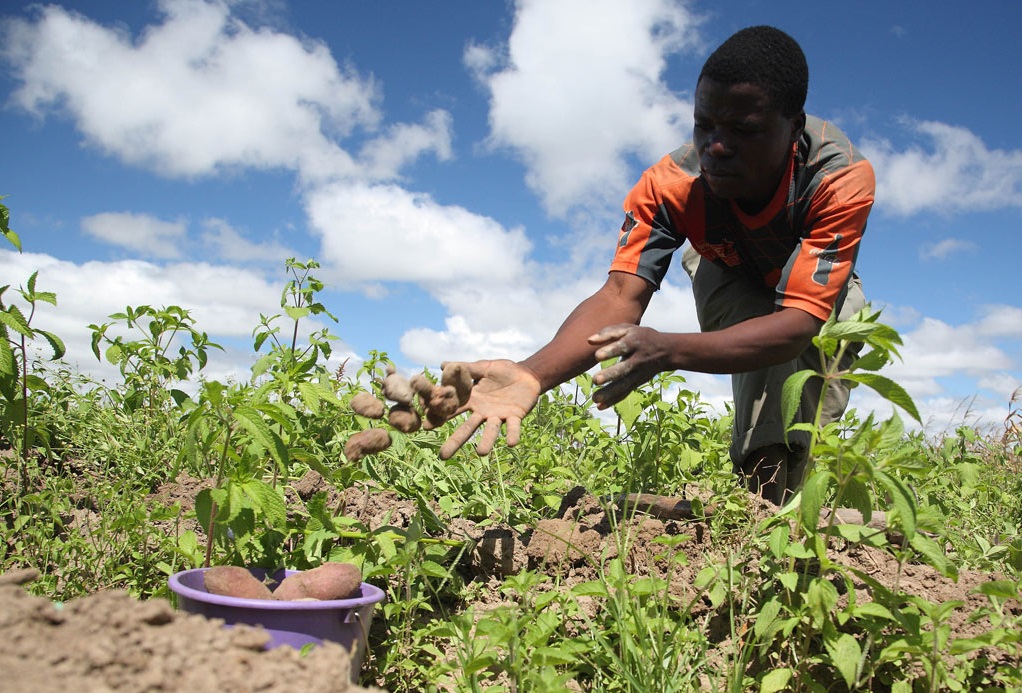The Organisation for Economic Cooperation and Development (OECD) has begun a fresh evaluation of the country’s seed system, where poor-quality seeds have cramped farmers’ output.
The OECD’s evaluation leverages Nigeria’s growing leadership in Africa’s seed ecosystem, which highlights Nigeria’s reputation as a regional agricultural hub.
The country has trained seed system actors across West Africa, including in the Gambia and Sierra Leone.
Under the OECD framework, farmers can now trust the purity and varietal identity of seeds, improving yields while reducing dependency on harmful pesticides and chemical fertilisers.
But gaps abound. While other nations in the OECD seed scheme enjoy higher productivity, Nigerian farmers continue to struggle with cost and access.
Several solutions are taking root. The National Agricultural Seed Council has intensified its crackdown on merchants of fake seed, introducing an electronic seed certification system that monitors the chain between breeder and farmer.
In a similar vein, the Seed Tracker platform, launched in partnership with the Alliance for a Green Revolution in Africa (AGRA), allows farmers to verify authenticity via SMS.
Across the country, research institutions are also joining the effort to breed high-yield, climate-resilient seed varieties.
The International Institute of Tropical Agriculture (IITA) and the Institute for Agricultural Research (IAR) are developing maize, rice and cowpea varieties that can withstand pests, drought and disease.
In Kaduna and Nasarawa, pilot programmes supported by the African Development Bank’s TAAT initiative have yielded great results. Farmers using certified seeds reported a significant increase in yield compared with traditional seeds. This demonstrates that good seeds not only reduce chemical dependency—they boost nutritional quality too.
Even seed exports are benefiting from these reforms. The government, in partnership with the Nigerian Export Promotion Council (NEPC), has initiated quality-assurance programmes to ensure compliance with global residue standards.
Nigeria’s campaign against substandard seeds draws heavily upon science and collaboration. It aims to enhance food sovereignty by reforming its seed laws, strengthening institutions like NASC, and embracing global certification frameworks.
Progress may not be immediate, but the country’s emphasis on quality seeds points towards food sustainability.
Summary not available at this time.






